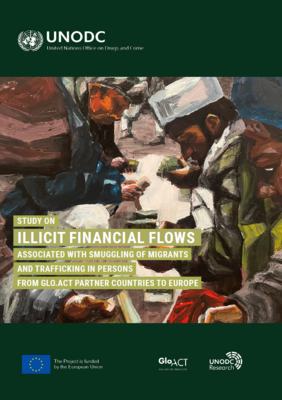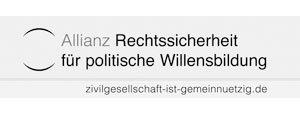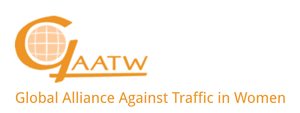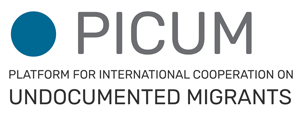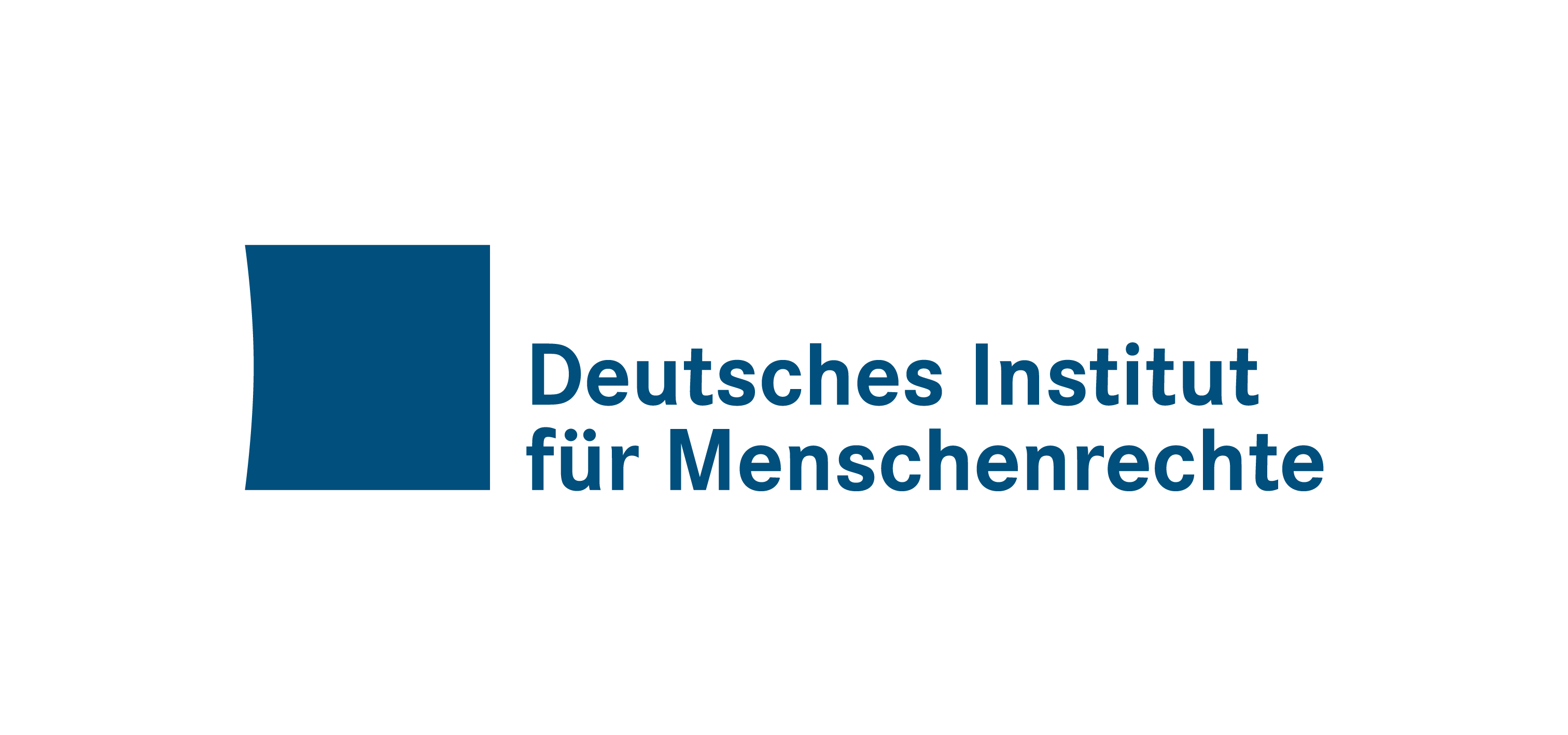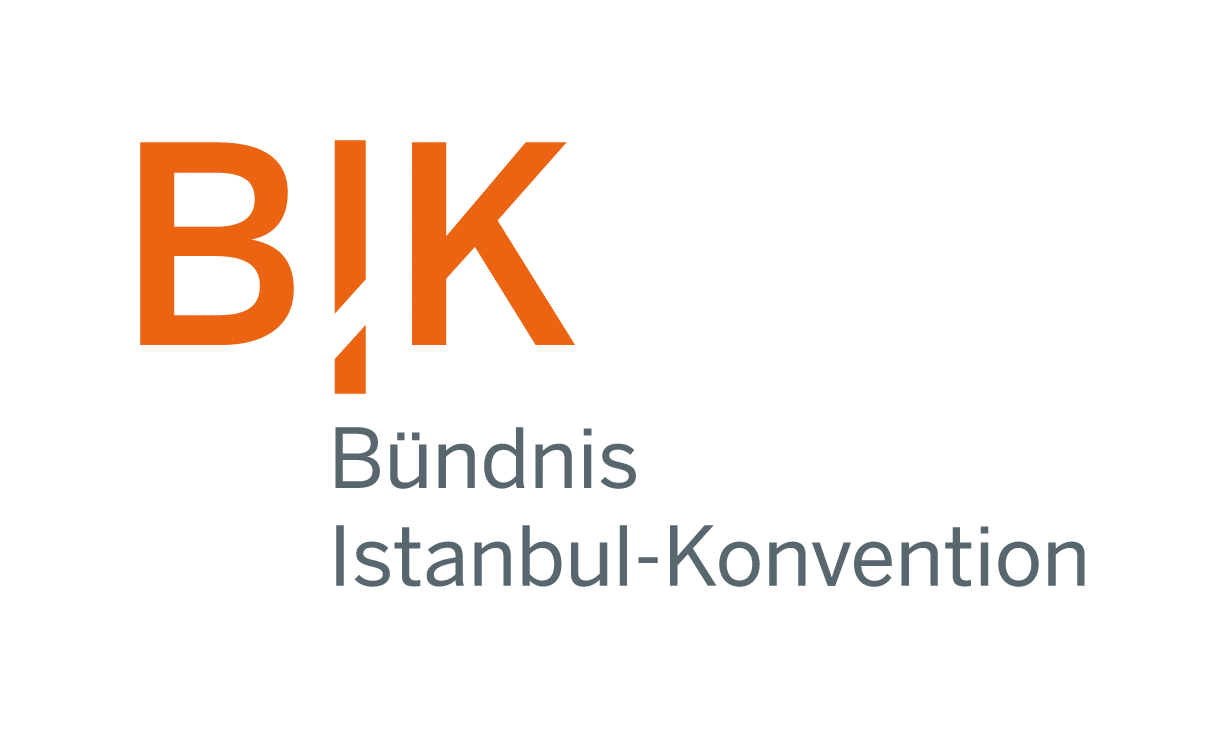The study "Illicit financial flows associated with smuggling of migrants and trafficking in persons" by the United Nations Office on Drugs and Crime (UNODC) sheds lights on these ‘illicit financial flows’, focussing on the cross-border movement of money and other value transfers associated with smuggling of migrants and trafficking of people from several countries in Asia and the Middle East to Europe.
The study shows that highly organised criminal groups, as opposed to individuals and loosely connected criminal networks, make the highest financial gains from trafficking in human beings and migrant smuggling.
In the case of trafficking in human beings, illicit financial flows arise in a variety of ways, including the costs of recruiting and controlling trafficked persons, as well as the revenue generated from exploitation, the report said. UNODC's research found that the revenue generated by trafficking varies widely. For example, reported cases of sexual exploitation show that some of the girls and women trafficked were sold for as little as USD 36, but in other cases for as much as USD 23,600. In another case of trafficking for organ removal, a kidney was sold for USD 6,300.
The study was conducted under the framework of GLO.ACT, a UNODC project funded by the European Union since 2015, which is currently being implemented in Afghanistan, Iraq and Pakistan, in partnership with the International Organization for Migration.

